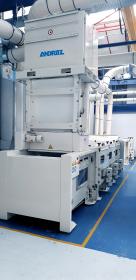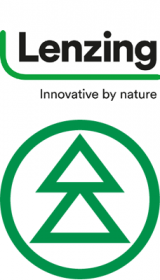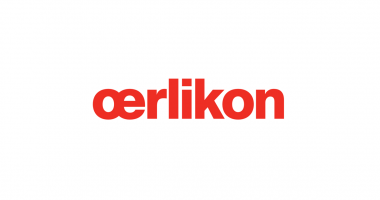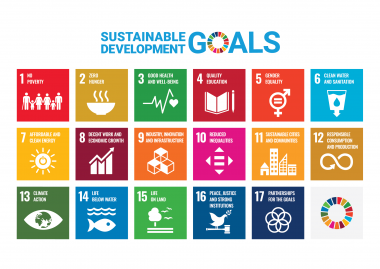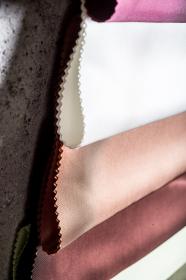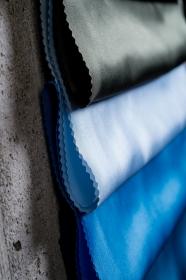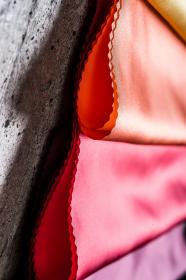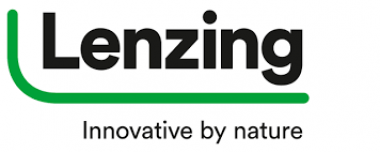ISKO and MoRe Research: New possibilities for cellulose-based materials
As one of the driving forces helping to create a fully circular fashion industry, ISKO has partnered with Swedish research and development company MoRe Research, a part of RISE Research Institutes of Sweden, to investigate and develop new, sustainable technologies made from cellulosic-based materials, derived from waste textiles, for the company’s 25,000+ range of products. It is hoped that this research will also help make the production of cellulose-based materials more sustainable.
The work with MoRe Research feeds into ISKO’s Responsible Innovation™ strategy and will link with various sustainability projects the company is working on. For example, ISKO recently signed an agreement with HKRITA to license its Green Machine – a unique technology that fully separates and recycles cotton and polyester blends at scale.
ISKO will leverage MoRe Research!s expertise and resources to find ways of repurposing the clean and toxic-free cellulose powders that are created from the decomposed cotton, as well as the recycled polyester and reintegrate this back into fabric production. By using all of the outputs from the recycling of textiles back into textiles, the prospect of a closed-loop system becomes more feasible.
The investment in this new technology is the latest in ISKO’s ongoing drive for advancements in sustainability. As part of the company’s R-TWO™ program ISKO is also working to develop fabrics with a guaranteed minimum +50% GRS (Global Recycle Standard) recycled content blend. This will significantly reduce the carbon and water footprint of a fabric, as well as make it easy to trace a garment’s sustainable journey step-by-step from the beginning of the supply chain through to the end product.
menabo for Osko









